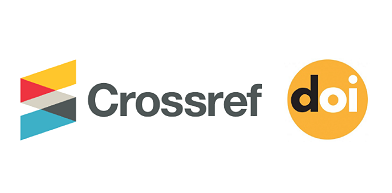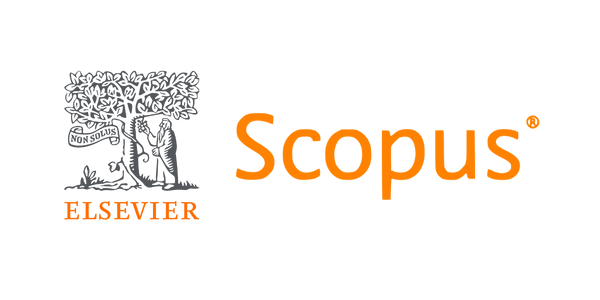Assessment of patients’ knowledge, attitude and practice of cross-infection control in the dental clinic during COVID-19 pandemic
DOI:
https://doi.org/10.61386/imj.v17i1.377Keywords:
Assessment, Knowledge, Attitude, Practice, Cross-infection, COVID-19, PandemicAbstract
Background: The emergence of coronavirus disease 2019 (COVID-19), a highly contagious disease that causes viral respiratory illness, has changed the lifestyle of humans worldwide. Dental practitioners and patients are at high risk of infection during their routine practice due to their exposure to saliva, blood, and droplet production.
Aim: To gain insight into the patient’s viewpoint regarding the practice, altitude, and knowledge of COVID-19 and its transmission and cross-infection in dental clinics.
Methods: This was cross–sectional analytic survey in dentistry during the COVID-19 pandemic. A self-administered close-ended questionnaire consisting of 32 variables was distributed among the study participants. The data were analysed using the Statistical Package for the Social Sciences (SPSS) version 25. The level of significance was p ≤ 0.05.
Results: The age of the participants varied from 20 - 58 years, with a mean age of 34.6 ±5. The majority (89.3%) felt COVID-19 was a highly contagious disease, while 50.0% of the respondents believed that the most common route of COVID-19 transmission in dentistry is through aerosols. The majority, 78.6%, recorded good knowledge of infection control following the COVID-19 outbreak. The number of married patients who had good knowledge of cross-infection control was 118, which was statistically significant.
Conclusion: From the study, it is evident that the patients possess a good range of knowledge in both preventive and cross-infection protocols to follow during the COVID-19 pandemic. However, the same cannot be said about the practice.
Published
License
Copyright (c) 2024 Okoromu MA, Omokhua HA

This work is licensed under a Creative Commons Attribution 4.0 International License.










